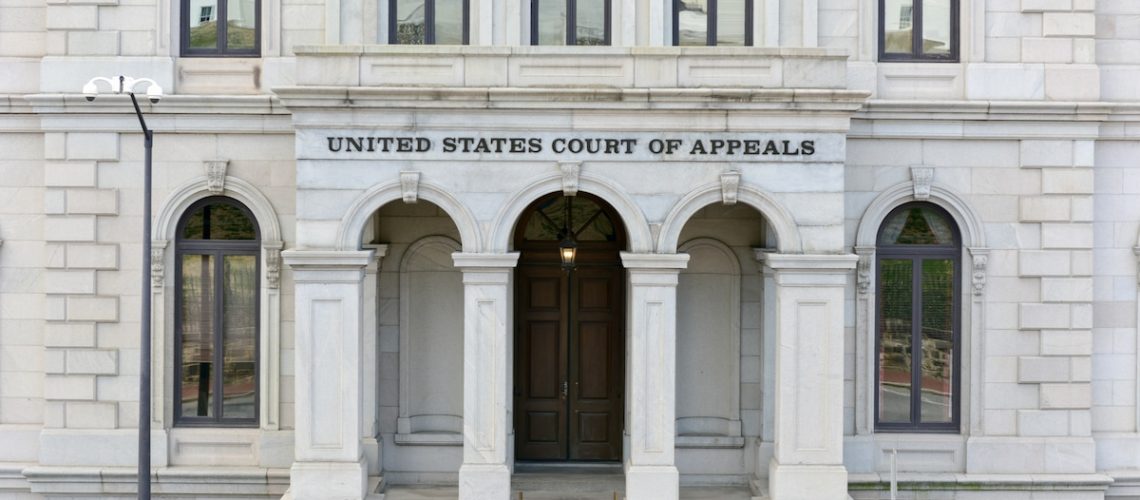A Virginia school board has agreed to pay a $575,000 settlement to former West Point High School French teacher Peter Vlaming, who was fired in 2018 for refusing to use a transgender student’s preferred pronouns. Vlaming’s case has been the subject of legal battles for several years, ultimately leading to a landmark ruling by the Virginia Supreme Court in December 2023, which reinstated his lawsuit after a lower court initially dismissed it.
Background of the Case
Peter Vlaming had taught at West Point High School for over six years and was regarded as a highly effective teacher. However, in 2018, when a female student began identifying as male, Vlaming chose not to use male pronouns due to his religious beliefs, though he agreed to use the student’s preferred male name. He attempted to avoid using any pronouns altogether to maintain a respectful relationship with the student. Despite his efforts to accommodate the student, the school board viewed his actions as insufficient and terminated his employment at the end of 2018.
Vlaming’s legal team, led by Alliance Defending Freedom (ADF), argued that his firing violated his rights to free speech and religious expression under the Virginia Constitution. The school board’s decision was seen as an attempt to compel Vlaming to express ideological views that contradicted his beliefs, a move ADF characterized as unconstitutional.
Legal Developments
After a lower court initially dismissed Vlaming’s lawsuit, his legal team appealed the case to the Virginia Supreme Court. In a significant ruling in December 2023, the court reinstated Vlaming’s lawsuit, stating that the government cannot compel individuals to express messages that go against their sincerely held beliefs. The case was set to return to trial when the settlement was reached.
As part of the settlement, the West Point School Board agreed to pay Vlaming $575,000, covering damages and attorney fees. In addition, the school board cleared his employment record, allowing him to move forward without the termination on his record. The case highlights ongoing tensions between free speech, religious freedom, and the rights of transgender individuals in public schools.
Impact and Implications
Vlaming’s case has drawn national attention, with advocates on both sides of the issue weighing in. Supporters of Vlaming see the settlement and court ruling as a victory for free speech and religious freedom, while critics argue that the refusal to use a student’s preferred pronouns undermines the rights of transgender individuals to be respected and acknowledged in public institutions.
The ruling and subsequent settlement set a legal precedent in Virginia for cases involving compelled speech and ideological conformity in public schools, and they may influence future cases involving similar issues across the country.
Vlaming’s case underscores the complex legal and ethical challenges that schools face as they navigate the rights of teachers, students, and broader societal values. With the case now settled, the debate over how schools should handle such matters is likely to continue in other courts and classrooms across the United States.
21 Beliefs About the Bible That Are Actually False

The Bible is one of the most discussed and debated books in history, yet many common beliefs about it are more myth than fact. How many of these misconceptions have you heard before? 21 Beliefs About the Bible That Are Actually False
21 Subtle Racisms That Are Commonplace in America

Racism in America isn’t always overt; it often hides in plain sight through subtle actions and attitudes. How many of these subtle racisms have you noticed around you? 21 Subtle Racisms That Are Commonplace in America
Featured Image Credit: Shutterstock / Felix Lipov.
This post first appeared on Pulse of Pride.

